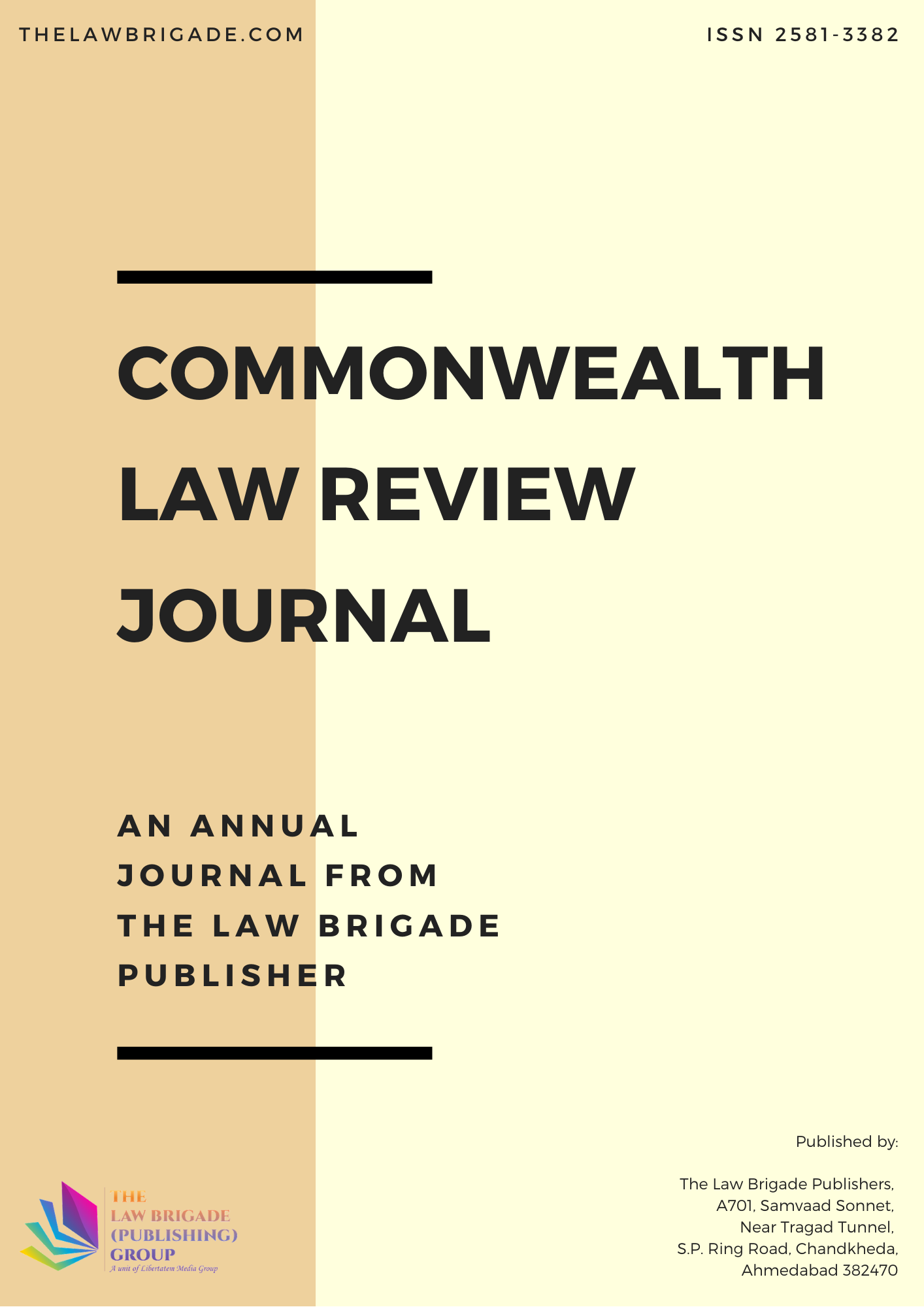This paper explores interesting cases on the principle of estoppel indicating that the streams of equity have never closed. These cases demonstrate the ingenuity of the South African Courts. Finding reveals that when constitutional principle roars, the res judicata principle must bow, even in criminal cases. Finding also revealed that the court will not assist the gullible by opening to them the safety umbrella of equity or by allowing them to use the principle of estoppel as a subterfuge to enforce a right. The first set of cases considered in this paper is the case of Africast Property Ltd v. Pangbourne Ltd, and Aquarius Maritime Pty Ltd v. M.V Agatis and Or. The consideration of the controversial phrase inserted in the agreement with particular reference to the suspensive term, subjecting enforceability of contract to the required notice of communicating the approval of the defendant’s board of directors. In legal practice, a draft agreement mutates into a binding agreement when there remain no issues upon which the parties were yet to be ad idem. There should be no condition or conditions contemplative for enforceability. Put differently, there should be zero condition contemplative for enforceability. The effect of the suspensive condition in a contract is self explicit and ordinarily connotes suspension. Other cases are that of Ekurhuleni Metropolitan Municipality v. Germiston Retirement Fund, Aquarius Maritime Pte Ltd, v. MC, Agatis, Meranti Bahari Pt, and Meranti Maritime Pt. In the latter case, the Court was faced with the question of whether Aquarius has the enforceable right in the light of the privity of contract rule when Aquarius has failed to avail itself of the benefit of demanding for an assignment or cession of right which would have given Aquarius the right of claim against Maritime and Bahari. The Courts in South Africa give the principle of estoppel and estoppel per res judicata new lease of life in other three important cases of Ekurhulen Metropolitan Municipality v. Germiston Municipal Retirement Fund[i]. Concor Holdings (Pty) T.A Ltd Concor Technicrete v. Hermanus Phillipus Potgieter[ii] and Malaudzi v. The State. Finding reveals through the cases that the approaches of the Courts are originalist approach and strict constructivist.
[i] Constitutional Court of South African (2017) case no CCT 265/15, decided on 17th January, 2017.
[ii] The Supreme Court of Appeal of South Africa case no – 219/03, decided on 28th May, 2004.





